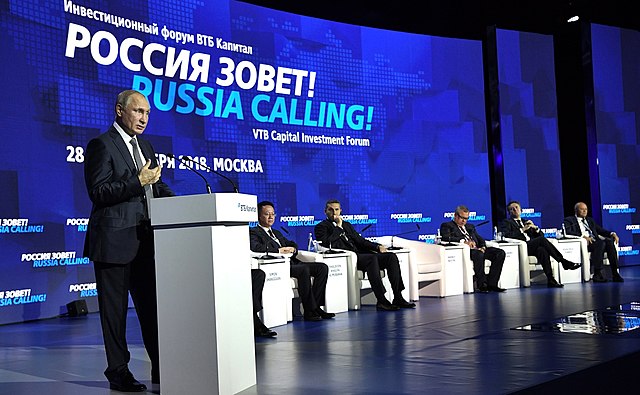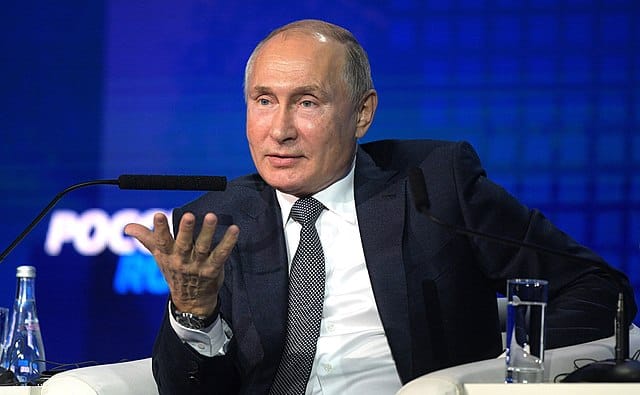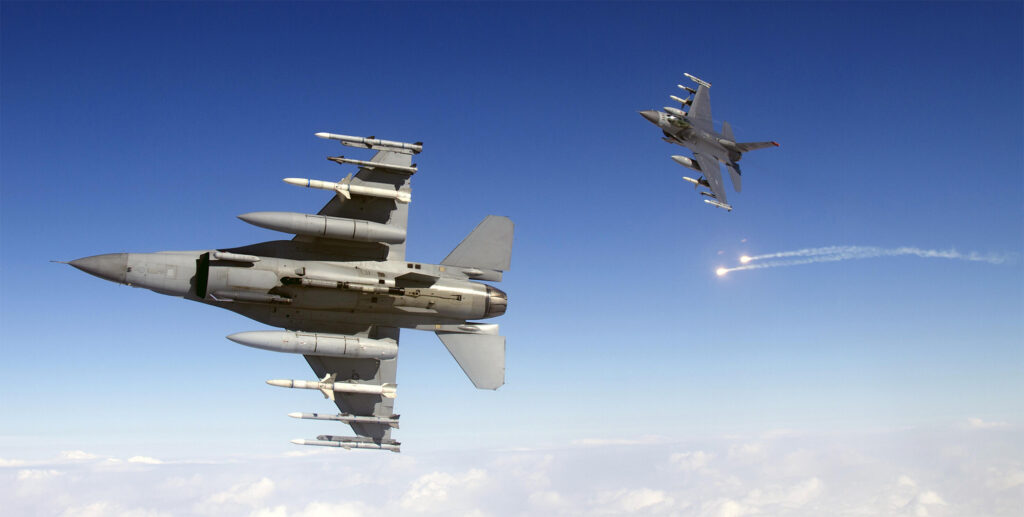On Wednesday, the European Union announced that it was making moves to exclude seven different Russian banks from the SWIFT messaging system, in the lastest economic reprisals following Russia’s invasion of Ukraine that began last Wednesday.
Although this move is significant, it is not the most severe financial action the EU and other international allies could have taken. Russia’s energy sector remains largely untouched. Europe relies heavily on natural gas and oil exports from Russia, and the Russian government relies heavily on the income from energy sales. As such, both the European Union and Russia have seemingly attempted to keep energy exports and imports as they stand untouched.
To date, the most significant penalty Russia’s energy sector has seen has been Germany’s decision not to certify Nord Stream 2—a large natural gas pipeline that was recently built but has yet to begin pumping gas.
Related: US and the West unleash sanctions worth hundreds of billions on Russia

What is SWIFT and how does removing Russian banks from it help Ukraine?
Banks and financial institutions have to have a secure way to transmit financial messages and payment instructions to one another in order to process payments, credits, and debits. While there is more than one way to do so, the largest financial messaging system in the world, known as SWIFT, is headquartered in Belgium. SWIFT’s ownership is split among more than 2,400 financial institutions and is used by a whopping 11,000 banks in 200 different countries. China has already established a competing system, though SWIFT remains in use for 70% of financial transfers even within China.
Removing Russian banks from SWIFT will make it very difficult for them to process payments across their borders. In other words, it makes it harder for Russia to participate in international trade, and in today’s increasingly connected global economy, that can have significant and far-reaching results. The intent behind this action is to punish Russia for its illegal invasion of Ukraine, which with added diplomatic and economic pressure elsewhere, many hope, may convince Russia to pull its troops back.
In fact, many nations were initially reluctant to remove Russia from SWIFT specifically because of how significant a financial blow it will deal to the nation, but it seems the decision to limit the removal to seven large financial institutions and to leave the energy sector largely untouched has become a compromise the international community feels comfortable with.

Related: The origin of America’s security obligations to Ukraine
“All these banks that we have listed under SWIFT… they are all based on their connection to the state and the implicit connection to the war effort. We have not gone for a blanket ban across the whole banking system,” A senior EU official told Reuters.
The Russian banks removed from SWIFT are: Russia’s second-largest—VTB (VTBR.MM), Bank Otrkitie, Novikombank, Promsvyazbank (PSKBI.MM), Bank Rossiya, Sovcombank and VEB. They will each be given 10 days to transition out of SWIFT operations. Russia’s largest lender, Sberbank (SBER.MM), and its natural-gas oriented Gazprombank were spared.



